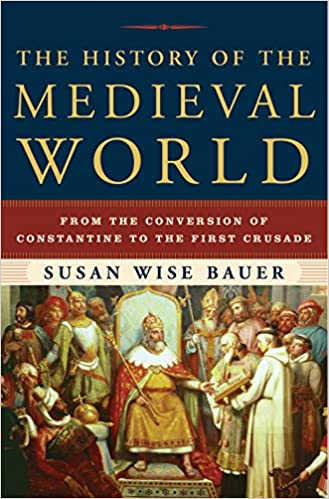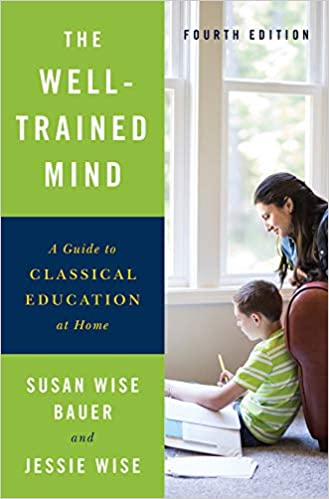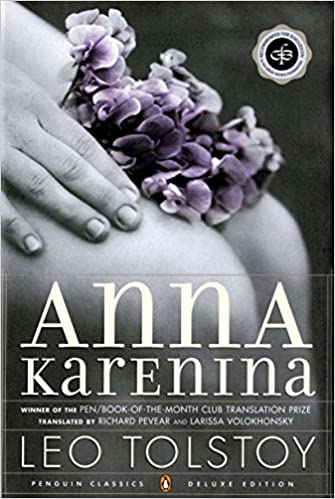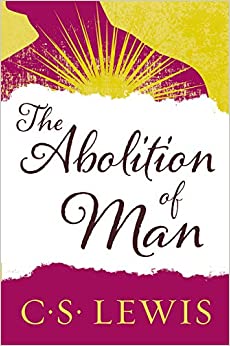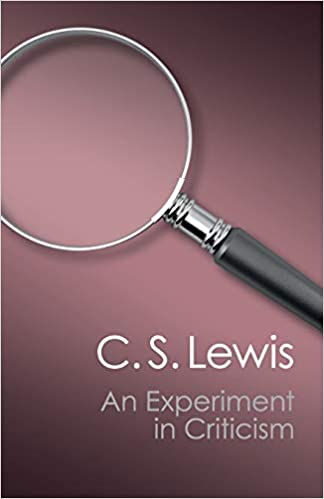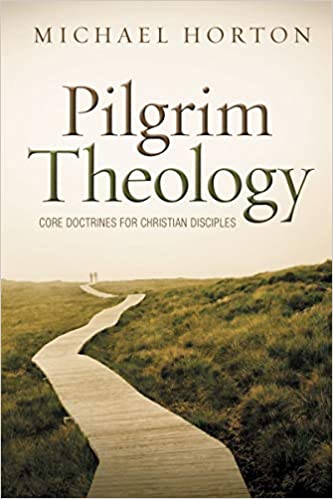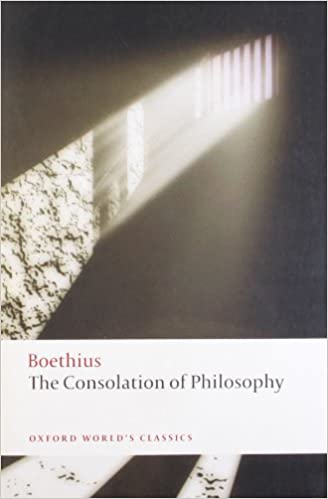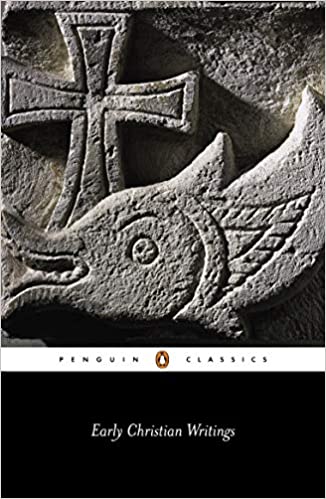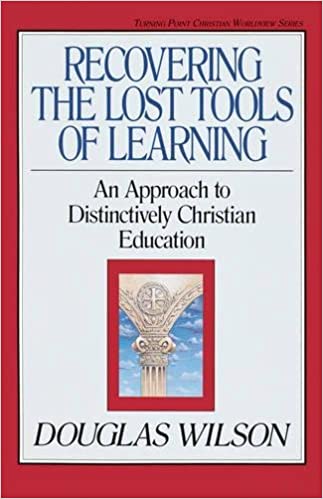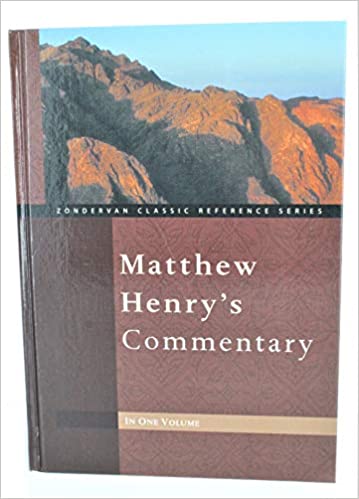Confessions
From Amazon:
"Augustine's fourth-century spiritual autobiography not only is a major document in the history of Christianity, a classic of Roman Africa, and the unchallenged model through the ages for the autobiographical record of the journey to self-knowledge, it also marks a vital moment in the history of Western culture.
As Augustine explains how, when, and why he became the man he is, he probes the great themes that others were to explore after himCfaith, time, truth, identity, and self-understanding--with a richness of detail unmatched in ancient literature. Dense with vivid portrayals of friends, family, colleagues, and enemies, The Confessions chronicles the passage from a life of sensuality and superstition to a genuine spiritual awakening--in a powerful narrative of one man's inner education that continues to shape the way we think and act today."
More info →The History of the Medieval World: From the Conversion of Constantine to the First Crusade
From Amazon:
"In her earlier work, The History of the Ancient World, Susan Wise Bauer wrote of the rise of kingship based on might. But in the years between the fourth and twelfth centuries, rulers had to find new justification for their power, and they turned to divine truth or grace to justify political and military action. Right began to replace might as the engine of empire.
Not just Christianity and Islam but also the religions of the Persians, the Germans, and the Mayas were pressed into the service of the state. Even Buddhism and Confucianism became tools for nation building. This phenomenon―stretching from the Americas all the way to Japan―changed religion, but it also changed the state.
The History of the Medieval World is a true world history, linking the great conflicts of Europe to the titanic struggles for power in India and Asia. In its pages, El Cid and Guanggaeto, Julian the Apostate and the Brilliant Emperor, Charles the Hammer and Krum the Bulgarian stand side by side. From the schism between Rome and Constantinople to the rise of the Song Dynasty, from the mission of Muhammad to the crowning of Charlemagne, from the sacred wars of India to the establishment of the Knights Templar, this erudite book tells the fascinating, often violent story of kings, generals, and the peoples they ruled."
More info →The Well-Trained Mind: A Guide to Classical Education at Home
From Amazon:
"The Well-Trained Mind will instruct you, step by step, on how to give your child an academically rigorous, comprehensive education from preschool through high school―one that will train him or her to read, to think, to understand, to be well-rounded and curious about learning. Veteran home educators Susan Wise Bauer and Jessie Wise outline the classical pattern of education called the trivium, which organizes learning around the maturing capacity of the child’s mind and comprises three stages: the elementary school “grammar stage,” when the building blocks of information are absorbed through memorization and rules; the middle school “logic stage,” in which the student begins to think more analytically; and the high-school “rhetoric stage,” where the student learns to write and speak with force and originality. Using this theory as your model, you’ll be able to instruct your child―whether full-time or as a supplement to classroom education―in all levels of reading, writing, history, geography, mathematics, science, foreign languages, rhetoric, logic, art, and music, regardless of your own aptitude in those subjects."
More info →Anna Karenina
From Amazon: "Described by William Faulkner as the best novel ever written and by Fyodor Dostoevsky as “flawless,” Anna Karenina tells of the doomed love affair between the sensuous and rebellious Anna and the dashing officer, Count Vronsky. Tragedy unfolds as Anna rejects her passionless marriage and thereby exposes herself to the hypocrisies of society. Set against a vast and richly textured canvas of nineteenth-century Russia, the novel's seven major characters create a dynamic imbalance, playing out the contrasts of city and country life and all the variations on love and family happiness."
More info →Don Quixote
From Amazon: "Complete and unabridged, Don Quixote is the epic tale of the man from La Mancha and his faithful squire, Sancho Panza. Their picaresque adventures in the world of seventeenth-century Spain form the basis of one of the great treasures of Western literature.
In a new translation that “comes closest, among the modern translations, to the simple, intimate, direct style that characterizes Cervantes’ narrative,”* Don Quixote is a novel that is both immortal satire of an outdated chivalric code and a biting portrayal of an age in which nobility was a form of madness."
More info →The Abolition of Man
From Amazon: "In the classic The Abolition of Man, C.S. Lewis, the most important Christian writer of the 20th century, sets out to persuade his audience of the importance and relevance of universal values such as courage and honor in contemporary society. Both astonishing and prophetic, The Abolition of Man is one of the most debated of Lewis's extraordinary works. National Review chose it as number seven on their 100 Best Nonfiction Books of the Twentieth Century."
More info →An Experiment in Criticism
Why do we read literature and how do we judge it? C. S. Lewis's classic An Experiment in Criticism springs from the conviction that literature exists for the joy of the reader and that books should be judged by the kind of reading they invite. He argues that "good reading," like moral action or religious experience, involves surrender to the work in hand and a process of entering fully into the opinions of others: "in reading great literature I become a thousand men and yet remain myself." Crucial to his notion of judging literature is a commitment to laying aside expectations and values extraneous to the work, in order to approach it with an open mind. Amid the complex welter of current critical theories, C. S. Lewis's wisdom is valuably down-to-earth, refreshing and stimulating in the questions it raises about the experience of reading.
More info →Pilgrim Theology
In this book, Michael Horton guides readers through a preliminary exploration of Christian theology in “a Reformed key.” Horton reviews the biblical passages that give rise to a particular doctrine in addition to surveying past and present interpretations. Also included are sidebars showing the key distinctions readers need to grasp on a particular subject, helpful charts and tables illuminating exegetical and historical topics, and questions at the end of each chapter for individual, classroom, and small group reflection.
Pilgrim Theology will help undergraduate students of theology and educated laypersons gain an understanding of the Christian tradition’s biblical and historical foundations.
More info →The Consolation of Philosophy
Boethius composed De Consolation Philosophiae in the sixth century A.D. while awaiting death by torture, condemned on a charge of plotting against Gothic rule, which he protested as manifestly unjust. Though a Christian, Boethius details the true end of life as the soul's knowledge of God, and consoles himself with the tenets of Greek philosophy, not with Christian precepts.
Written in a form called Meippean Satire that alternates between prose and verse, Boethius' work often consists of a story told by Ovid or Horace to illustrate the philosophy being expounded. The Consolation of Philosophy dominated the intellectual world of the Middle Ages; it inspired writers as diverse Thomas Aquinas, Jean de Meun, and Dante. In England it was rendered into Old English by Alfred the Great, into Middle English by Geoffrey Chaucer, and later Queen Elizabeth I made her own translation. The circumstances of composition, the heroic demeanor of the author, and the Meippean texture of part prose, part verse have been a fascination for students of philosophy, literature, and religion ever since.
More info →Early Christian Writings: The Apostolic Fathers
The writings in this volume cast a glimmer of light upon the emerging traditions and organization of the infant church, during an otherwise little-known period of its development. A selection of letters and small-scale theological treatises from a group known as the Apostolic Fathers, several of whom were probably disciples of the Apostles, they provide a first-hand account of the early Church and outline a form of early Christianity still drawing on the theology and traditions of its parent religion, Judaism. Included here are the first Epistle of Bishop Clement of Rome, an impassioned plea for harmony; The Epistle of Polycarp; The Epistle of Barnabas; The Didache; and the Seven Epistles written by Ignatius of Antioch—among them his moving appeal to the Romans that they grant him a martyr's death.
More info →Recovering the Lost Tools of Learning: An Approach to Distinctively Christian Education (Volume 12)
Public education in America has run into hard times. Even many within the system admit that it is failing. While many factors contribute, Douglas Wilson lays much blame on the idea that education can take place in a moral vacuum. It is not possible for education to be nonreligious, deliberately excluding the basic questions about life. All education builds on the foundation of someone's worldview. Education deals with fundamental questions that require religious answers. Learning to read and write is simply the process of acquiring the tools to ask and answer such questions.
A second reason for the failure of public schools, Wilson feels, is modern teaching methods. He argues for a return to a classical education, firm discipline, and the requirement of hard work.
Often educational reforms create new problems that must be solved down the road. This book presents alternatives that have proved workable in experience.
More info →Matthew Henry’s Commentary on The Whole Bible
Matthew Henry's Commentary on the Whole Bible is well-known and well-loved. His commentary is aimed primarily at explanation and edification, as opposed to textual research. Comprehensive, this commentary provides instruction and encouragement throughout. Although written in an older style, Matthew Henry's Commentary on the Whole Bible is worth studying and is useful for pastors, theologians, and students of the Bible.
More info →

